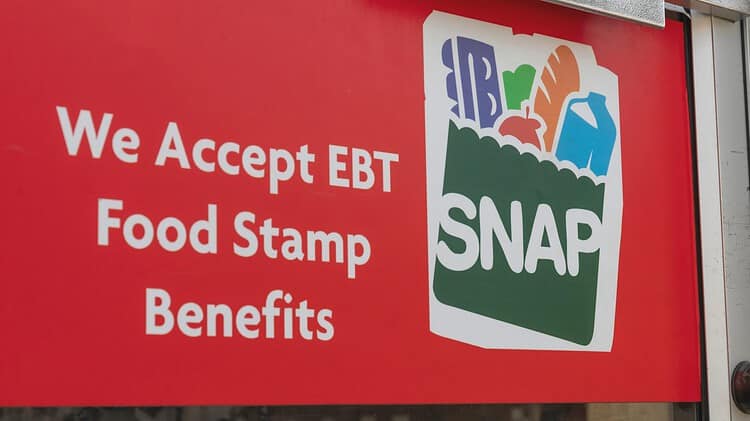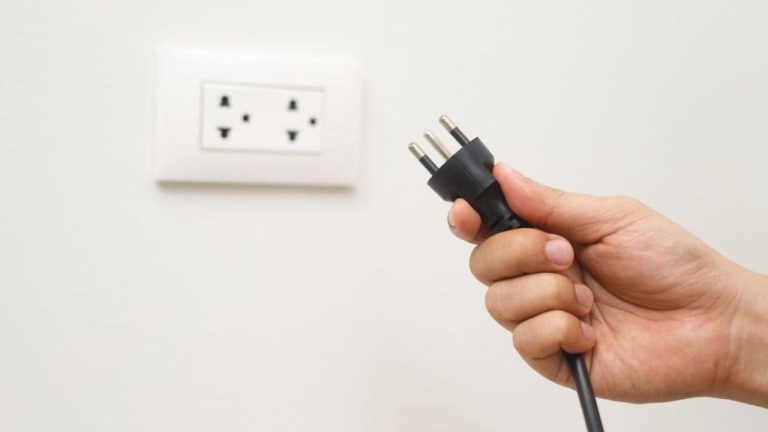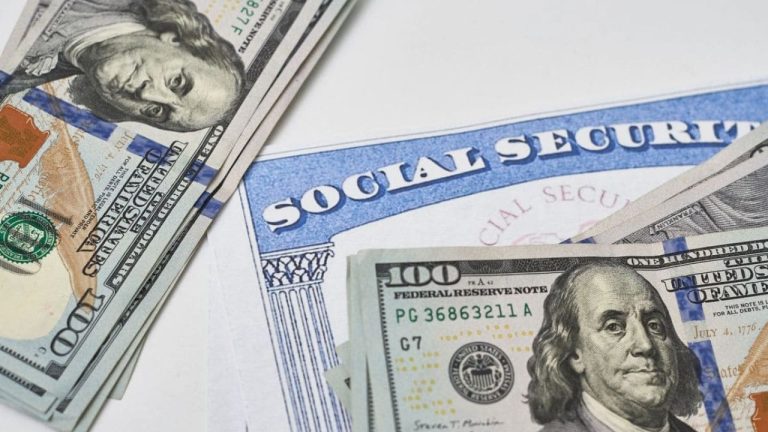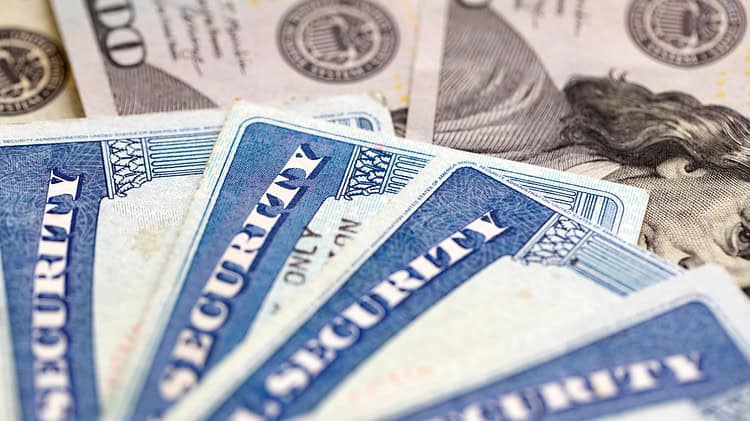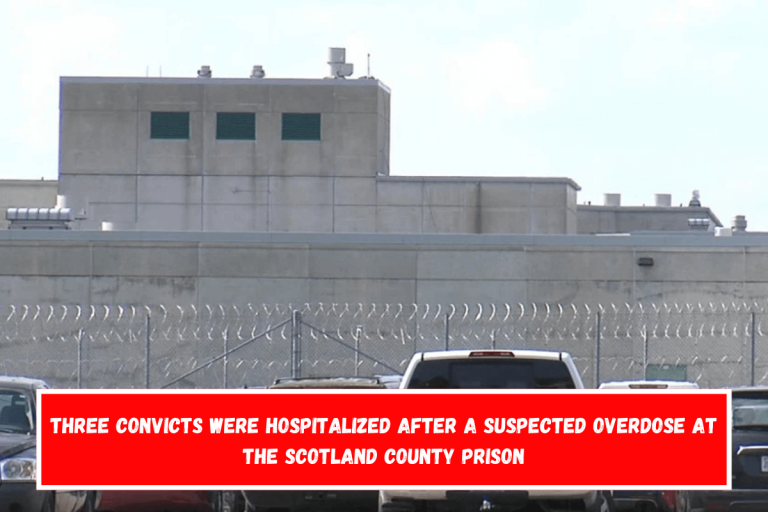For millions of Americans, the Supplemental Nutrition Assistance Program (SNAP), also known as SNAP benefits, is a lifeline, providing low-income households across the country with vital food assistance. The Department of Children and Families oversees the administration of the program in Florida, ensuring that eligible citizens receive their benefits on time. Many Floridians will be able to purchase eligible food items this week when their benefits are loaded onto their Electronic Benefit Transfer (EBT) cards, which work similarly to debit cards.
SNAP benefits payment coming this week to beneficiaries’ ETB card
Benefits from the Supplemental Nutrition Assistance Program (SNAP) are intended to cover a variety of nutrient-dense foods, such as fruits, vegetables, vital fats, proteins, and carbs. Because bad eating habits can lead to health problems like scurvy, this emphasis on nutrition is essential. But there are tight restrictions on what can be bought under the scheme. For instance, goods that are hot or ready to eat right away, as well as domestic non-food goods, alcohol, and cigarettes, cannot be purchased with SNAP benefits.
In Florida, SNAP benefits are disbursed according to the recipient’s case number at different times during the month, from the 1st to the 28th. To maintain a consistent flow of aid, residents whose case numbers end in 32–60 will get their SNAP benefits on designated days this week. On Sunday, October 10, for example, people with case numbers 32–34 will be able to access their benefits, and on Sunday, October 17, those with numbers 58–60 will do the same.
To properly plan their grocery shopping and manage their household budgets, recipients need to be aware of the distribution schedule. To ensure a more seamless shopping experience for all customers, the system is designed to prevent grocery stores from becoming overwhelmed with SNAP beneficiaries. The state can manage its resources more effectively because of this rigorous approach, which is serving as a model for other states.
Despite the benefits of the program, there are drawbacks. The restrictions on what is eligible can be restrictive for certain recipients, especially when it comes to purchasing prepared foods. To ensure that the money is used for its intended purpose—to provide healthy meals to underprivileged families—these rules were put in place. The importance of compliance is underscored by the consequences of violating these standards, which include loss of benefits.
When will beneficiaries in the US receive their SNAP benefits?
According to the SNAP benefits payment schedule, these are the confirmed payment dates for November:
- Alabama: November 4 to 23
- Alaska: November 1
- Arizona: November 1 to 13
- Arkansas: November 4 to 13
- California: November 1 to 10
- Colorado: November 1 to 10
- Connecticut: November 1 to 3
- Delaware: November 2 to 23
- District of Columbia: November 1 to 10
- Florida: November 1 to 28
- Georgia: November 5 to 23
- Guam: November 1 to 10
- Hawaii: November 3 to 5
- Idaho: November 1 to 10
- Illinois: November 1 to 20
- Indiana: November 5 to 23
- Iowa: November 1 to 10
- Kansas: November 1 to 10
- Kentucky: November 1 to 19
- Louisiana: November 1 to 23
- Maine: November 10 to 14
- Maryland: November 4 to 23
- Massachusetts: November 1 to 14
- Michigan: November 3 to 21
- Minnesota: November 4 to 13
- Mississippi: November 4 to 21
- Missouri: November 1 to 22
- Montana: November 2 to 6
- Nebraska: November 1 to 5
- Nevada: November 1 to 10
- New Hampshire: November 5
- New Jersey: November 1 to 5
- New Mexico: November 1 to 20
- New York: November 1 to 9
- North Carolina: November 3 to 21
- North Dakota: November 1
- Ohio: November 2 to 20
- Oklahoma: November 1 to 10
- Oregon: November 1 to 9
- Pennsylvania: November 3 to 14
- Puerto Rico: November 4 to November 22
- Rhode Island: November 1
- South Carolina: November 1 to 19
- South Dakota: November 10
- Tennessee: November 1 to 20
- Texas: November 1 to 28
- Utah: November 5, 11 and 15
- Virgin Islands: November 1
- Vermont: November 1
- Virginia: November 1 to 7
- Washington: November 1 to 20
- West Virginia: November 1 to 9
- Wisconsin: November 1 to 15
- Wyoming: November 1 to 4
Note: Thank you for visiting our website! We strive to keep you informed with the latest updates based on expected timelines, although please note that we are not affiliated with any official bodies. Our team is committed to ensuring accuracy and transparency in our reporting, verifying all information before publication. We aim to bring you reliable news, and if you have any questions or concerns about our content, feel free to reach out to us via email. We appreciate your trust and support!
ChiefsFocus is a dedicated news writer with extensive experience in covering news across the United States. With a passion for storytelling and a commitment to journalistic integrity, ChiefsFocus delivers accurate and engaging content that informs and resonates with readers, keeping them updated on the latest developments nationwide.
